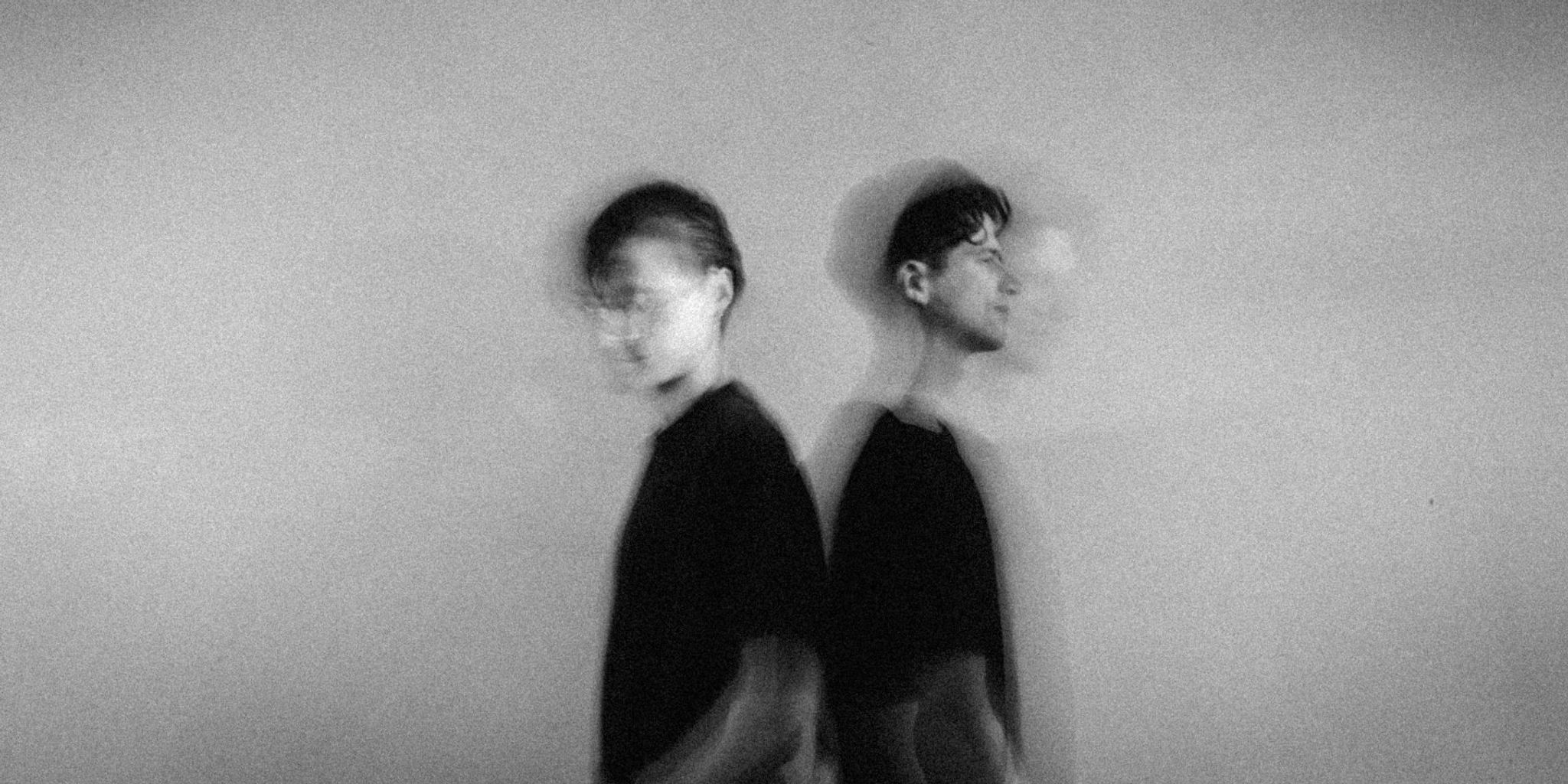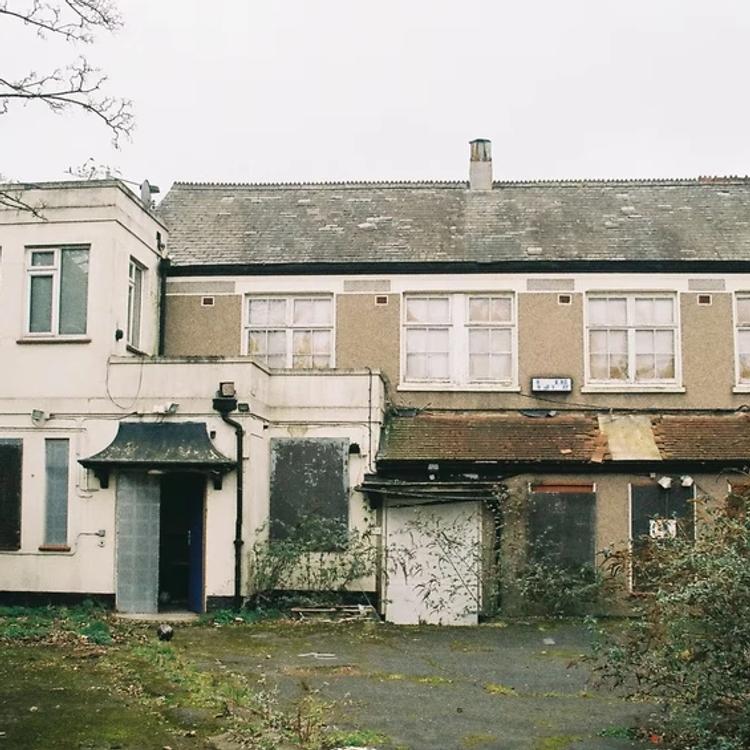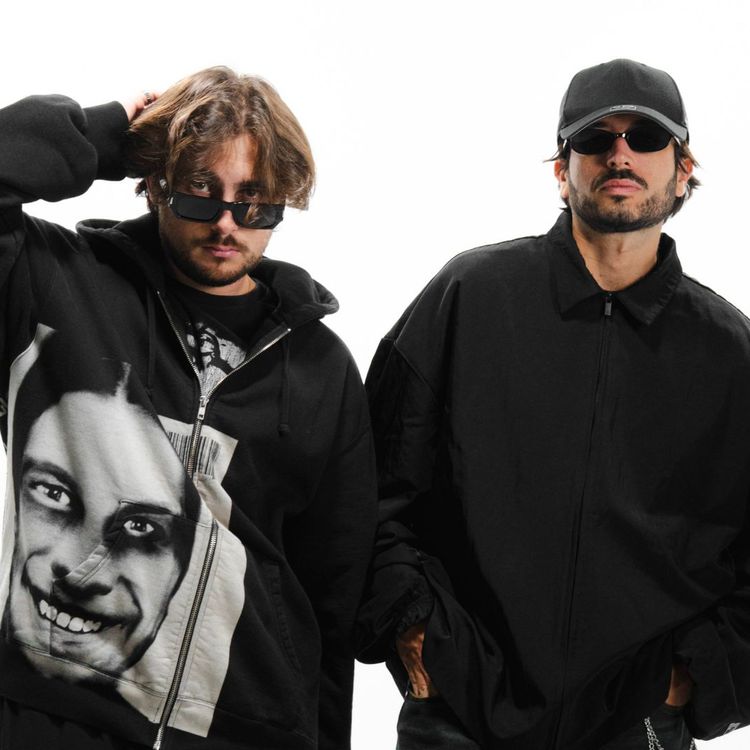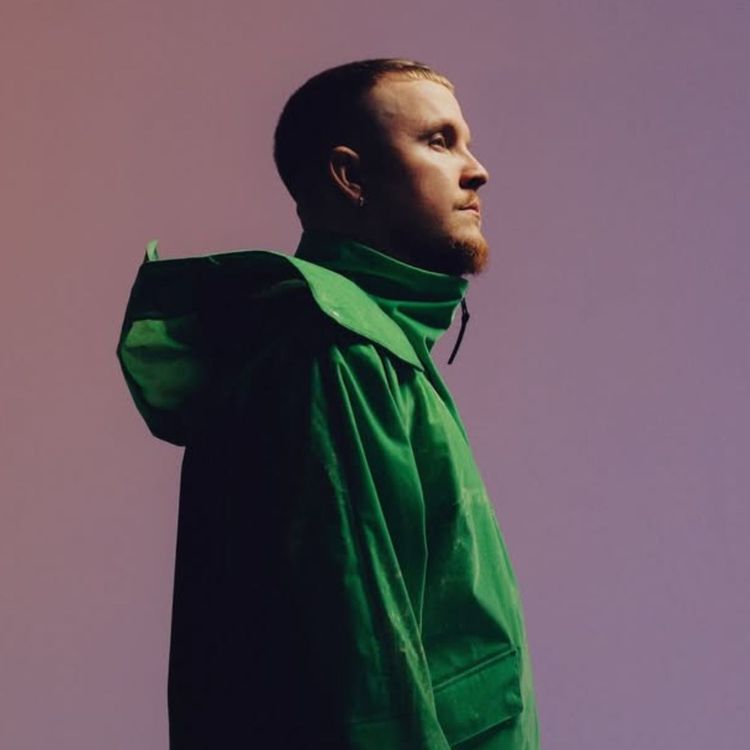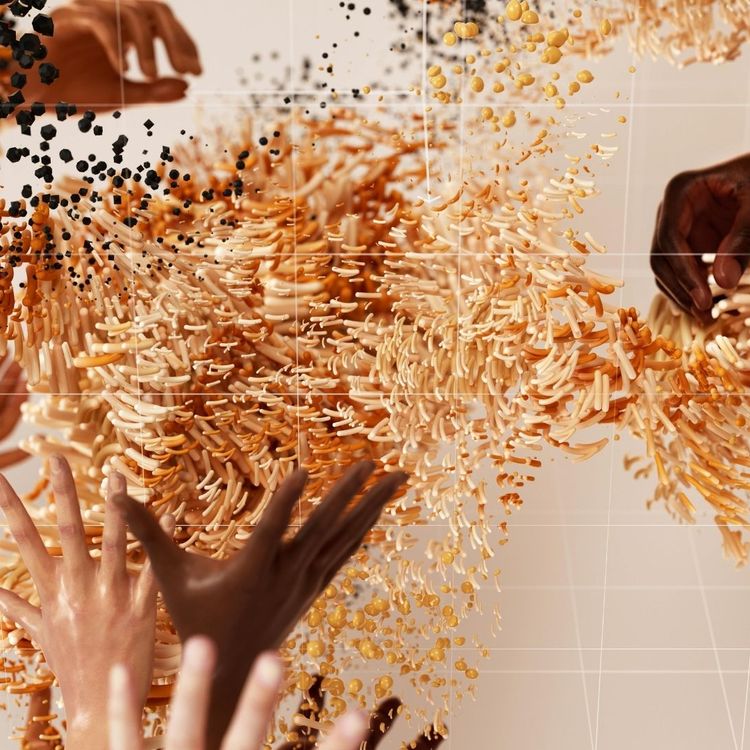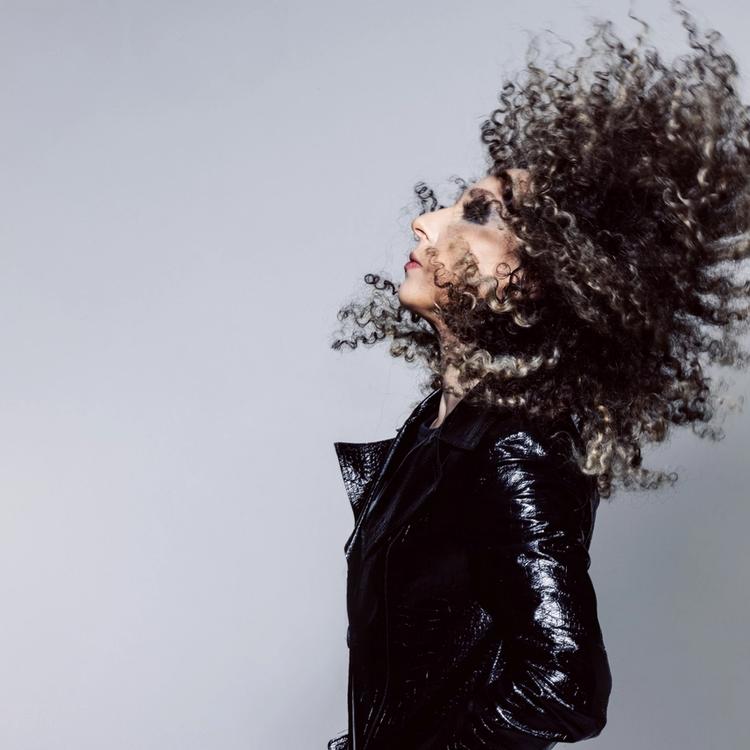Piano Keys and Digital Dreams: A Candid Chat with Two Lanes
Two Lanes emerges as a duo that not only bridges the gap between classical and electronic realms but also hooks them with their deeply personal and innovative sound. Born from a creative household, with a mother who's a painter and a father who was a jazz musician, Leo and Rafa Schmid have harnessed their diverse musical backgrounds to forge a path that is uniquely theirs. From their early days, where a spontaneous jam session marked the birth of Two Lanes, to the intricate creation of their debut album Duality, their journey is nothing short of remarkable.
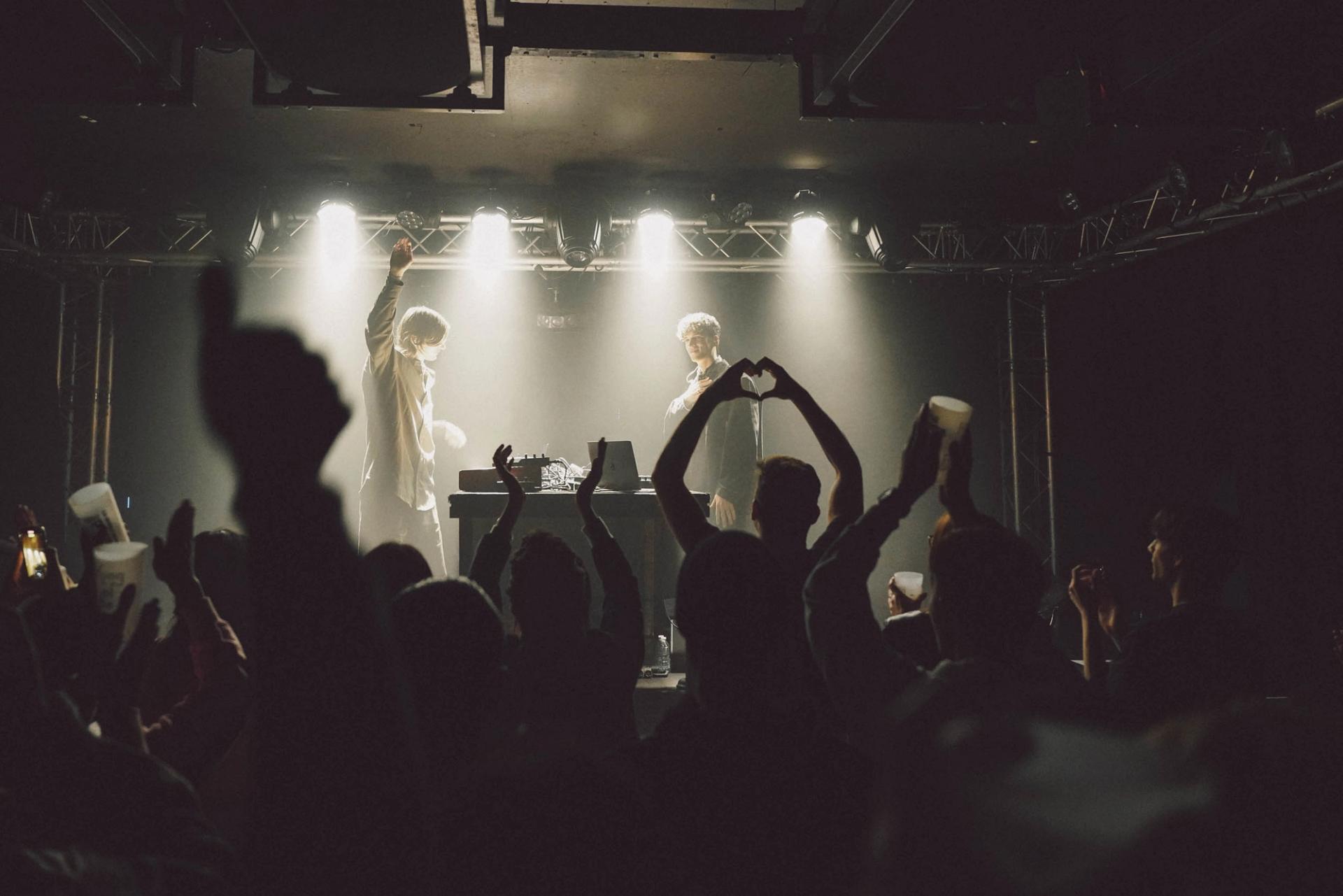
Leo's classical training at Juilliard and Rafa's self-taught mastery in electronic production have culminated in a sound that is both avant-garde and introspective, resonating with audiences worldwide. Their approach to music-making—whether starting with the piano to lay down the emotional foundation of a track or experimenting with electronic beats—highlights their adaptability and openness to the creative process.

The duo's first headline tour played a role in shaping their album Duality, with live performances offering immediate feedback and a deeper connection with their audience. Memorable interactions, like meeting a 70-year-old couple who expressed their love for Two Lanes' music, underscore the universal appeal of their sound. Despite the evolution of their technical skills and a deeper understanding of their musical direction, at their core, Leo and Rafa remain true to the essence of their initial collaboration: creating music that feels right.
Join us as we delve deeper into the world of TWO LANES, exploring their artistic journey, the creation of Duality, and the lessons learned along the way. Through their eyes, we see the landscape of electronic music in a new light, one that is rich with possibility and the timeless beauty of collaboration.
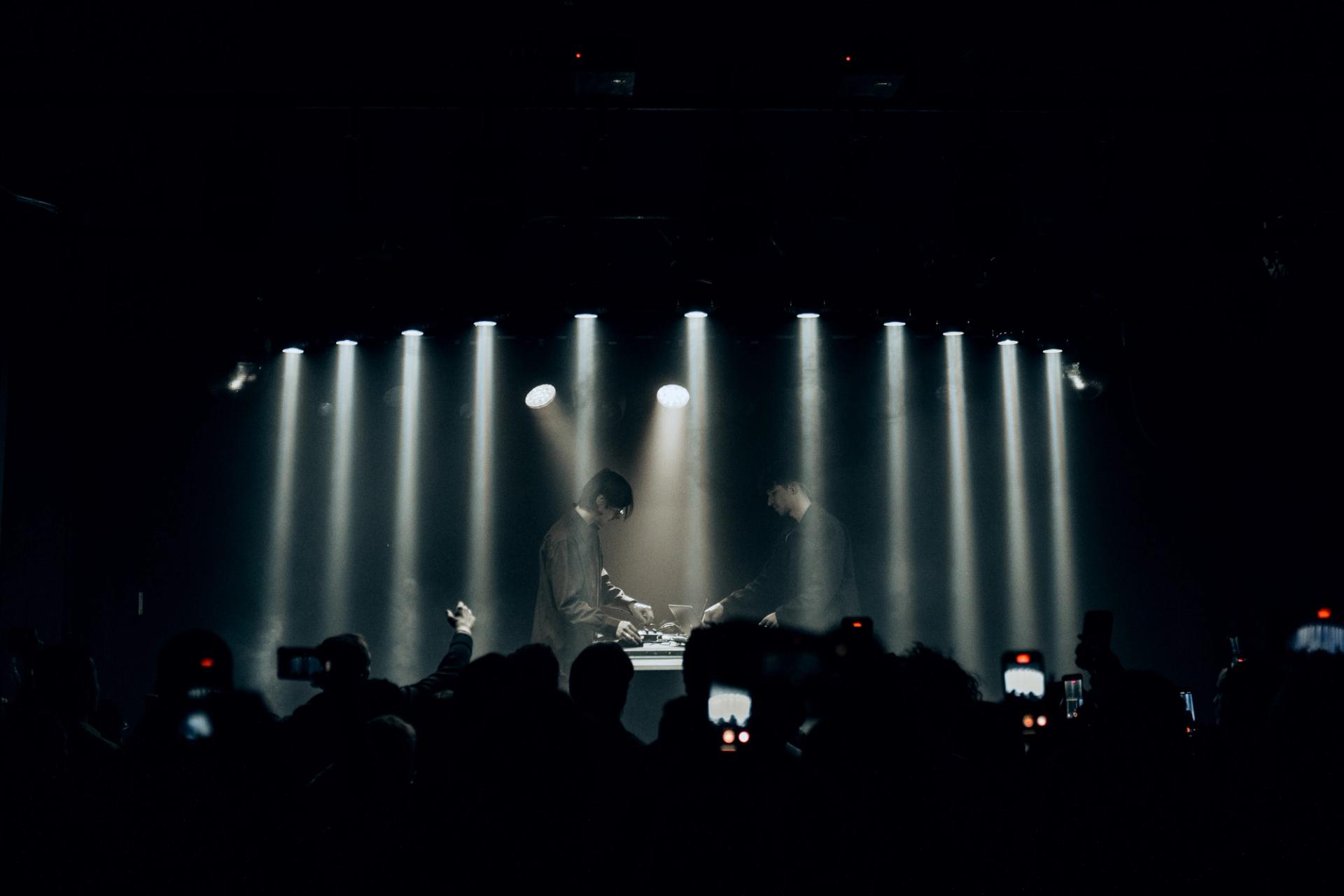
How do your mother's painting and your father's jazz background influence the aesthetic and sound of Two Lanes?
Leo:
Growing up in a creative household and being exposed to all kinds of music and art is deeply influential and has certainly shaped the way we perceive music. We have also experienced a lot of support from our family for what we are doing. All these emotional experiences from our past are woven into our sound.
Leo, how has your classical training and experience at Juilliard shaped the way you approach electronic music composition?
Leo:
When you study music at University you get a profound knowledge of music theory and your instrument. This has shaped my approach to how to create our own musical language. In our live set we try to create space for those moments where I play the piano, inviting the audience to experience these improvisational moments.

Rafa, could you describe a breakthrough moment in your sound design or beat-making that significantly influenced a Two Lanes track?
Rafa:
When I started producing electronic music, I had this tendency to add too many elements to a track. Over time I realized that less is more. Instead of stacking layers upon layers, I learned to focus on modulating just a few key elements. Now when we're finishing up a song, we always ask ourselves: 'What elements are really essential to make the idea work?' and 'What can we strip away?' It's all about finding that perfect balance.

The creation of your debut album "Duality" seems like a journey of blending your musical backgrounds. Can you share a story about how one of the tracks from the album was born?
Rafa:
We really enjoy going through old track ideas to experiment with arrangements or tempo adjustments. When we first started working on 'Belong,' it had a faster tempo but the track was missing that special something. One day, we revisited the idea and decided to slow it down by 20 BPM and started transposing the track up and down to find the perfect key- and suddenly everything fell into place. Sometimes it really helps to play around with already existing elements and see if something new sparks.
How does the dynamic of starting a track on the piano differ from beginning with an electronic beat, and how does this affect the final piece?
Leo:
Starting a track on the piano is a great tool which allows us to find the right progressions, voicing, melodies and so forth. However, not all the ideas that ‘work’ on the piano can be translated into the realm of electronic sounds. Sometimes we branch out quite a bit from the initial idea. The creative process can be unpredictable and it is important to stay open for interesting musical possibilities that present themselves on the way.
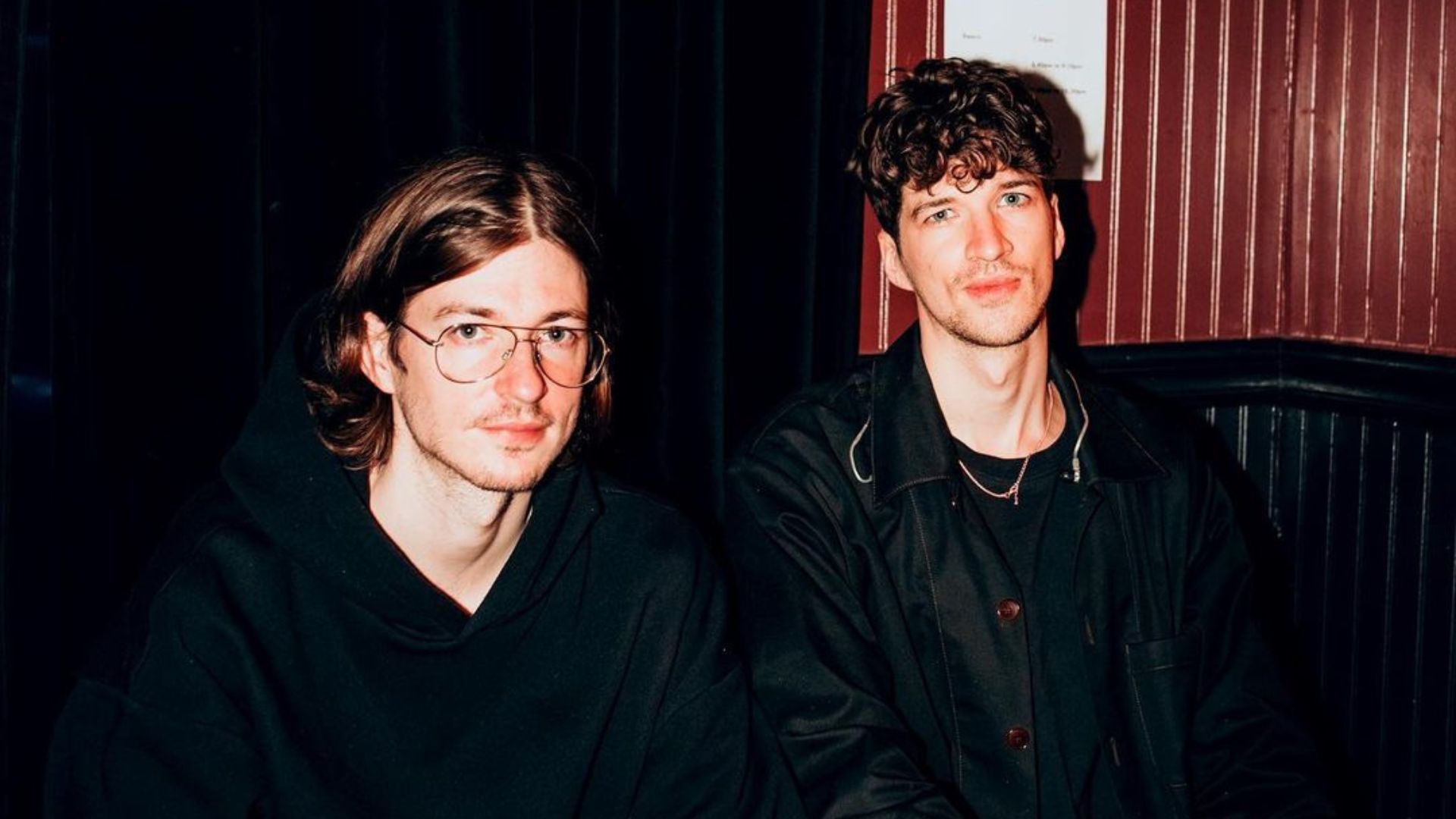
Throughout your first headline tour, how did the live performances feed back into the studio work for‚ “Duality"?
Rafa:
Playing our first headline tour had a big impact on the creative process of Duality. We often play tracks live before releasing them - it gives us a deeper understanding of what is needed in terms of arrangement and how to build up the energy. Being on stage allows us to feel the pulse of each song, to see how it moves and connects with people in real-time. When we are back in the studio we try to incorporate all of these impressions into the tracks.
Can you describe a memorable fan interaction from your tour that left an impact on you or your music?
Rafa:
One time, after a show in California, we met a 70-year-old couple who told us they loved listening to our music. It was such a sweet moment because it truly shows that music transcends age or location.

How has your way of making music together changed since you first started?
Rafa:
Honestly, not much has changed in how we make music together since we first started. We've picked up more technical know-how over the years of producing and we've got a better understanding of the kind of vibe we're after - but at the core, it's still about jamming out on the piano or synths and seeing what feels right.
What's the most unexpected source of inspiration you've encountered in your musical journey?
Leo:
It is always inspiring to listen to music while being occupied with something else. We love listening to some unfinished demos while taking a walk or driving, so you are emotionally open to take in the overall vibe of the music but you don’t pay too much attention to little details.
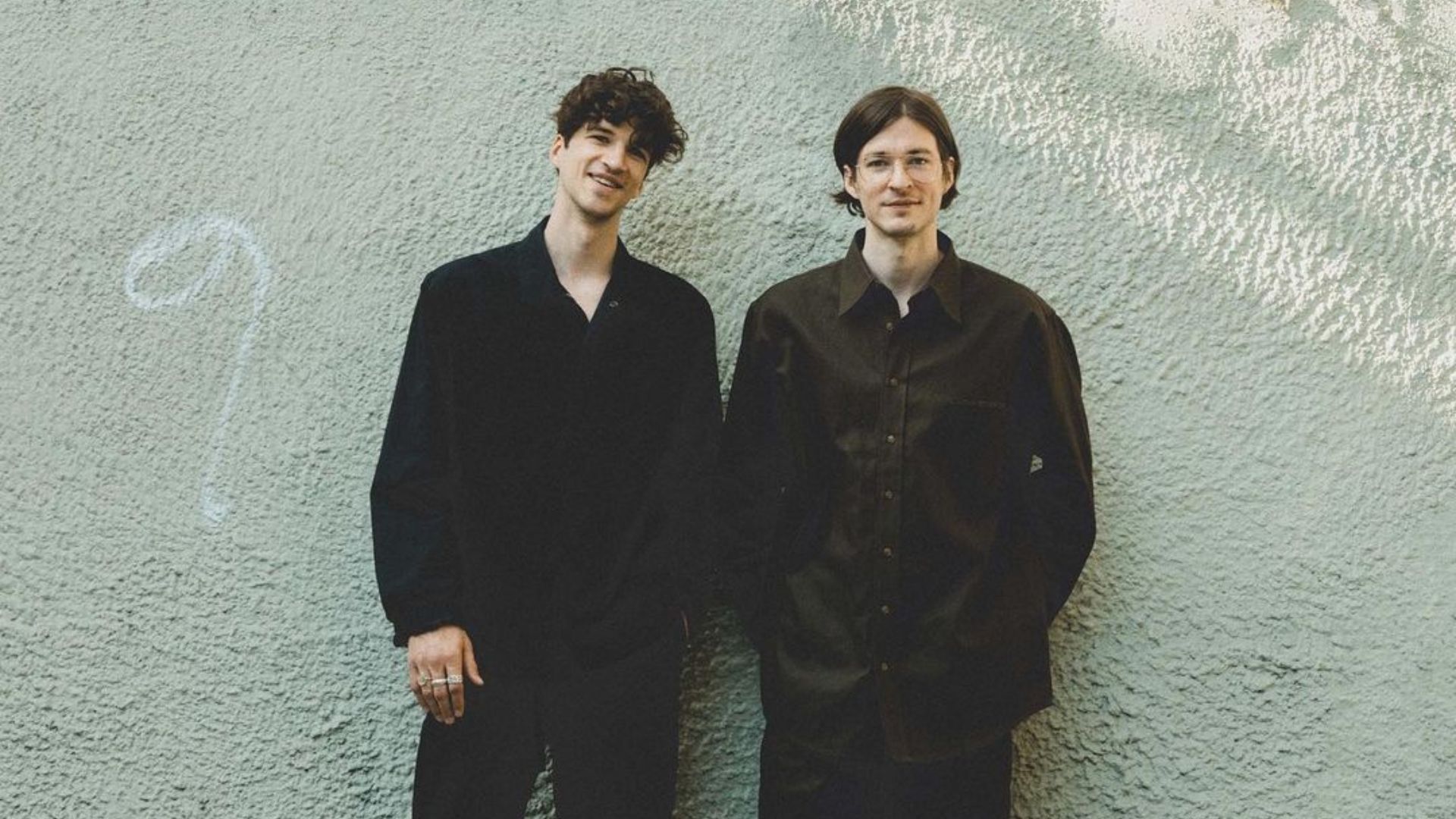
Imagine you're hosting a dinner party and can invite three musicians, dead or alive. Who would be at the table and why?
Leo:
J.S. Bach, Chet Baker and Rick Rubin. Bach because he was probably the one of the most influential composers of western music, Baker because of his controversial and restless life, and Rubin because he is an inspiring voice in the present.
Can you share an insight or a lesson learned from your tour that you believe will influence your future music or performances?
Rafa:
When we perform live, there are always things that we can't predict. During our shows, I control the arrangement and effects of the tracks, while Leo plays the piano and some other synths. At some points, I transitioned to a new track too early, surprising Leo, which required him to improvise. In retrospect, these moments are always the most special ones, and we're striving to create more of these truly 'free' moments in our upcoming shows.

Reflecting on your journey so far, what advice would you give to artists who are trying to merge different musical styles and backgrounds?
Leo:
I recently read something interesting where someone talked about musicians who can be put into two categories: explorers or farmers. The farmers find something that works for them and they fully immerse themselves into a certain concept or vision they have. The explorers on the other hand constantly feel the urge to evolve and move on to new musical territories. I think it is interesting to visualize this thought and try to ask yourself - ‘is this what I would like to keep doing or shall I keep digging until I find something I would like to hold onto’?
